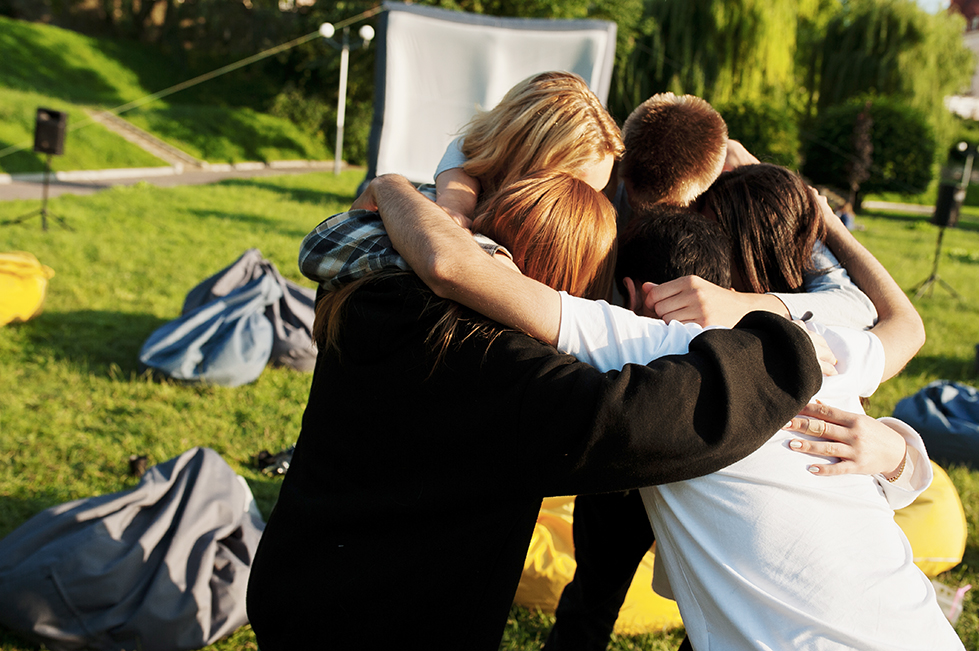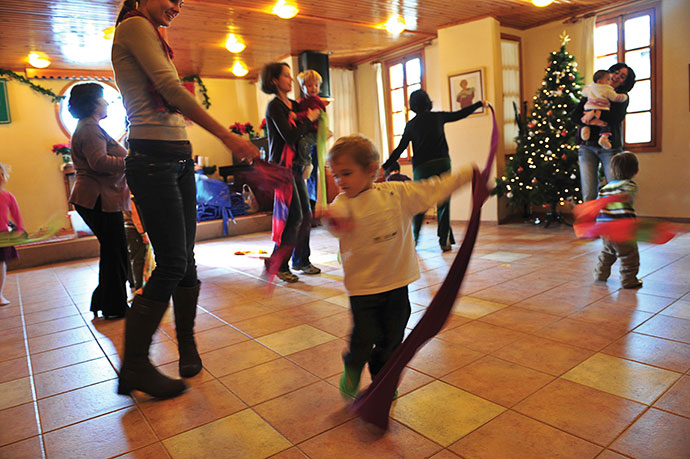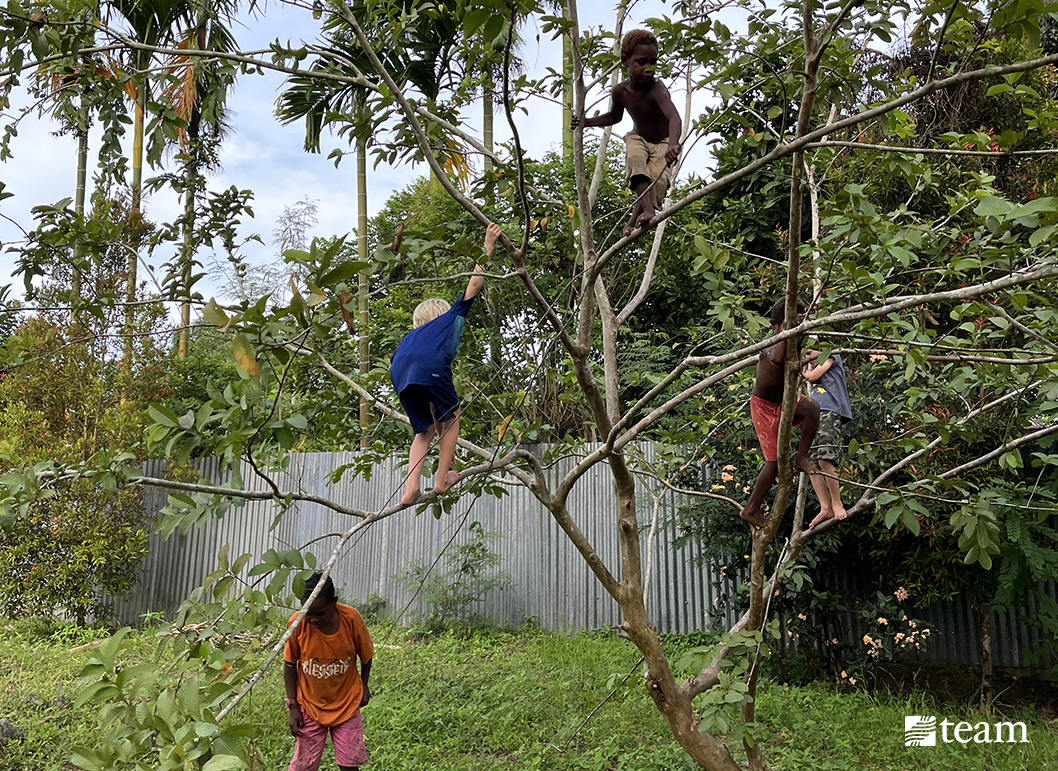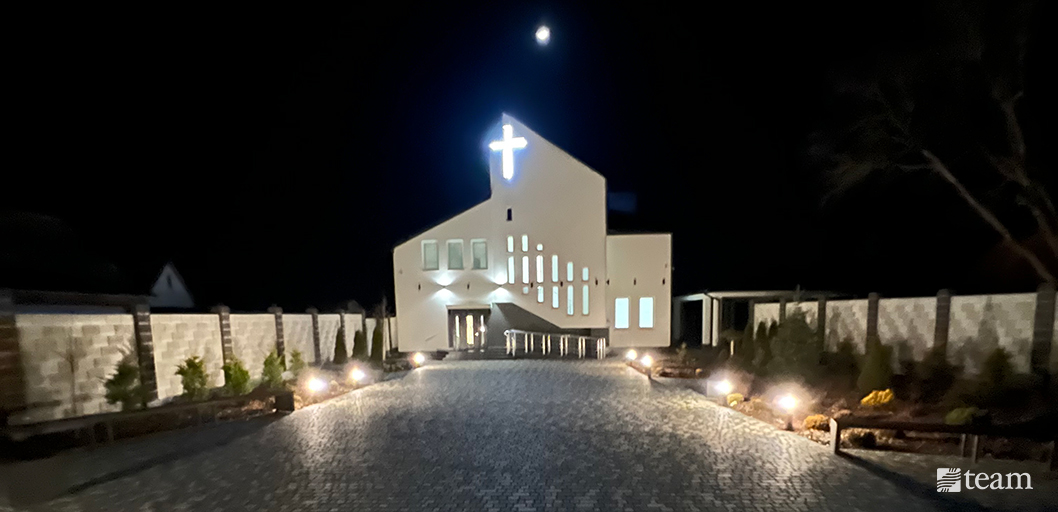
Ministry Updates
Muslims and Christmas
December 19, 2013
by Interactive Supply

Every family has unique Christmas traditions. For TEAM families working in Muslim-majority countries, Christmas in not just a time to gather with loved ones, but also to welcome friends who often don’t understand the true meaning of the holiday.
We talked with six TEAM workers serving in Muslim contexts about how they use their celebrations to open doors. Since every country is different, their experiences might not reflect what happens in other regions of the Muslim world, or even on the other side of town. But their insights can help us see Christmas from a slightly different angle this year.
Sam and Barb
“We always try to make our house inviting and interesting for our Muslim neighbors and friends on Christmas. When we visit them on their Eids (holidays), we also make it clear that they are welcome to return the visit on our Eids, Christmas and Easter. We decorate with lights in windows and with a tree, so that there is something they know about and we can start talking about. Many neighbors come just to have a look at and have a picture with the tree. We think about what we will say concerning the tree and how we will bring the discussion to Jesus in every way possible.
“It’s important to notice how they make their Eids special and do at least some of that to communicate that this is a special occasion for us. So if you don’t bother to have new clothes on, the main impression you give may be, ‘Obviously, this isn’t very special or important.’
“We have good books out on the coffee table with paintings and other things to be attractive. We talk with them about Jesus’ birth and our shared beliefs about that. Particularly, we like to emphasize the virgin birth and how unique that makes Jesus. This is something they can readily agree with. Then we try to move on to why that is important.”
Mark and Claire
“In keeping with local custom, we have distributed gifts of food (fruit, cakes, sweet rice) to our neighbors on Christmas Day to show that we are celebrating our holy day. On their holidays they will often do the same — send plates of chicken and rice or homemade confections to neighbors.
“National Christians tend to celebrate Christmas following all of the Western traditions associated with it, including those that do not have any religious significance such as decorating a tree and putting presents under it. Some of our colleagues have also put up Christmas trees and decorated their houses, but then have had to explain to guests that such things are simply a tradition and not part of Christian worship. We have avoided Western cultural traditions for worry that it will confuse the message we hope to share with our friends — that Christmas is about remembering the birth of Jesus.
“We have had friends read the Christmas story out of the Bible when they visited us for dinner over the Christmas holidays. They also consider the Injil (the Gospels) to be a Holy Book, so they are quite happy to read out of it.”
Brent and Mary
“In Muslim cultures, it is important to visit friends on special occasions. We usually have different families drop in for a visit on Christmas Day. We try to get our family activities done early, since we know that people will begin arriving to wish us well. One Christmas morning we didn’t make it — an old man who we have known since the mid-’70s came shuffling up to our door to greet us and wish us well — at 6 a.m.
“Greeting one’s friends and family on holidays is an important cultural value. It is an honor and a sign of respect to drop in on a friend, and the same is true of Muslims and Christmas. So our Muslim friends often call or stop in to visit on Christmas Day to wish us a happy Christmas.
“Both in our home and in the hospital where we work, we usually decorate and display a nativity set during December, which serves as a stimulus for questions regarding our celebrations. Muslims believe that Jesus was born of a virgin birth and was a great prophet. In fact, they accept that he is the only prophet who is alive. But it is not their tradition to celebrate his birth. The decorations and festivities, in the hospital and our home, give ample opportunity to share why his birth means so much to us and is a cause for us to celebrate.”
*Names have been changed for security reasons.

